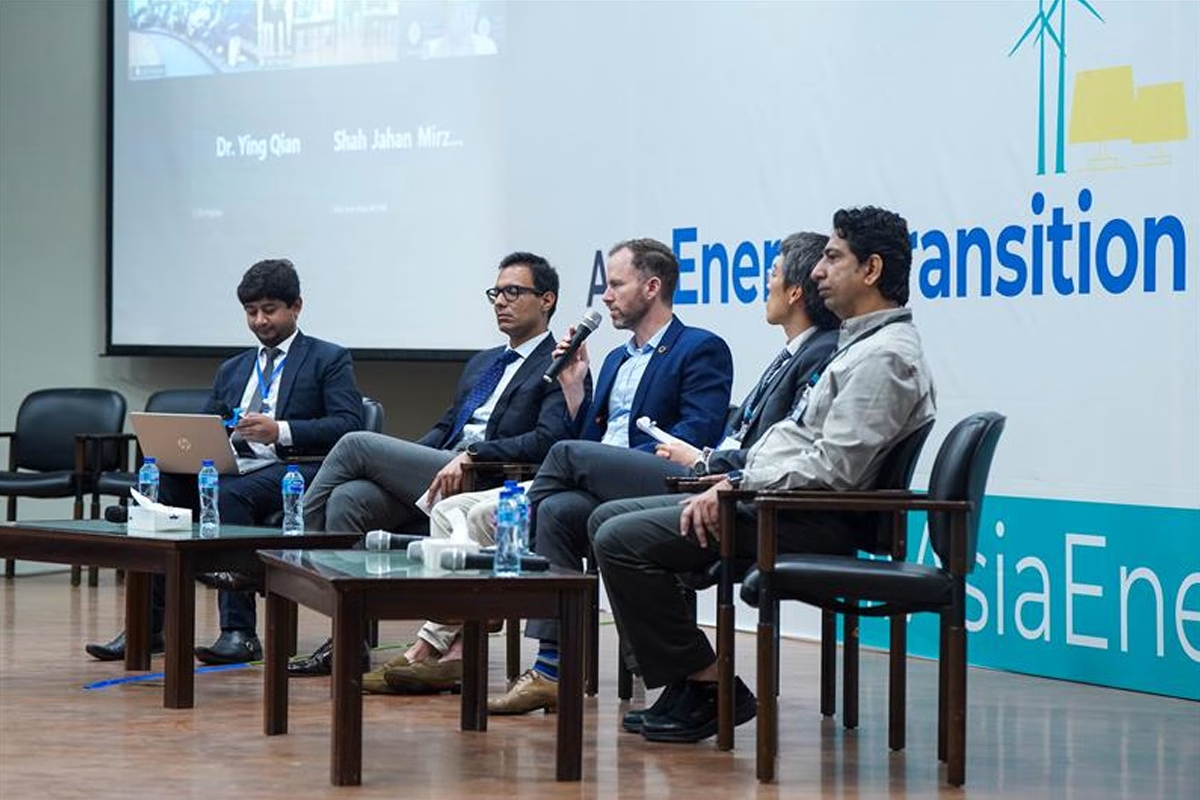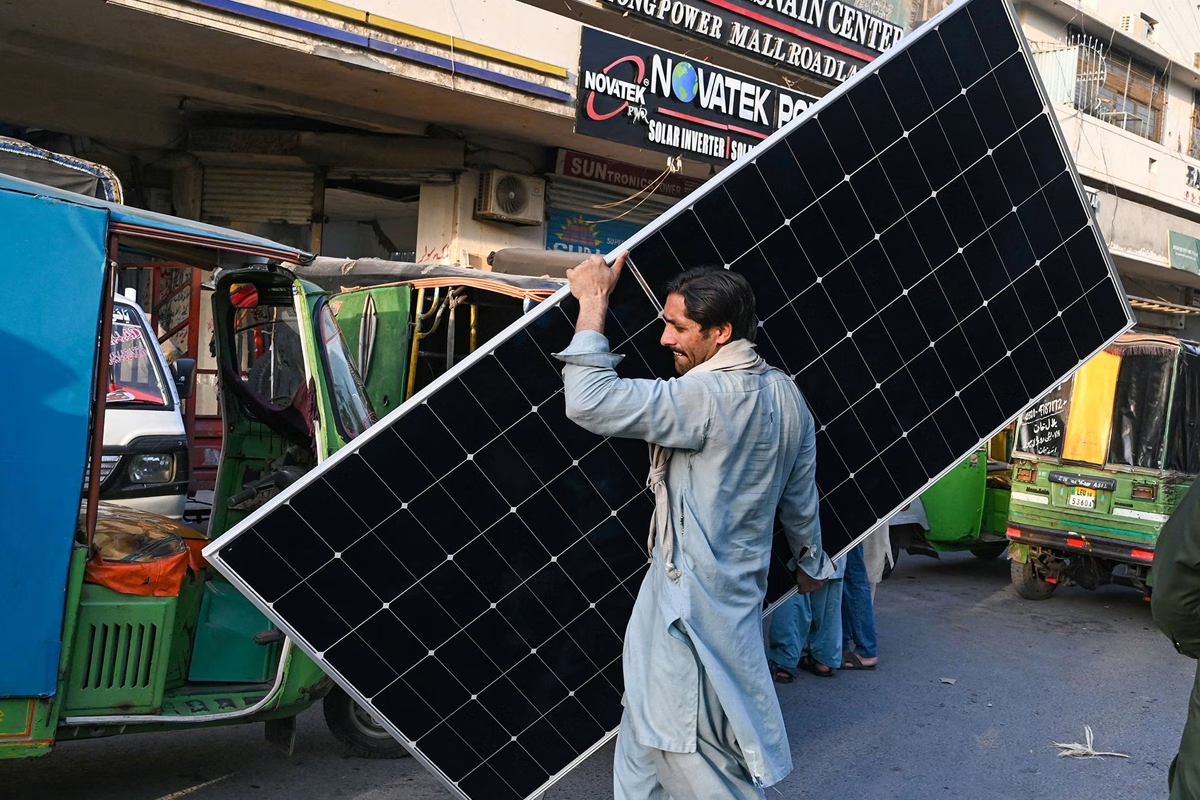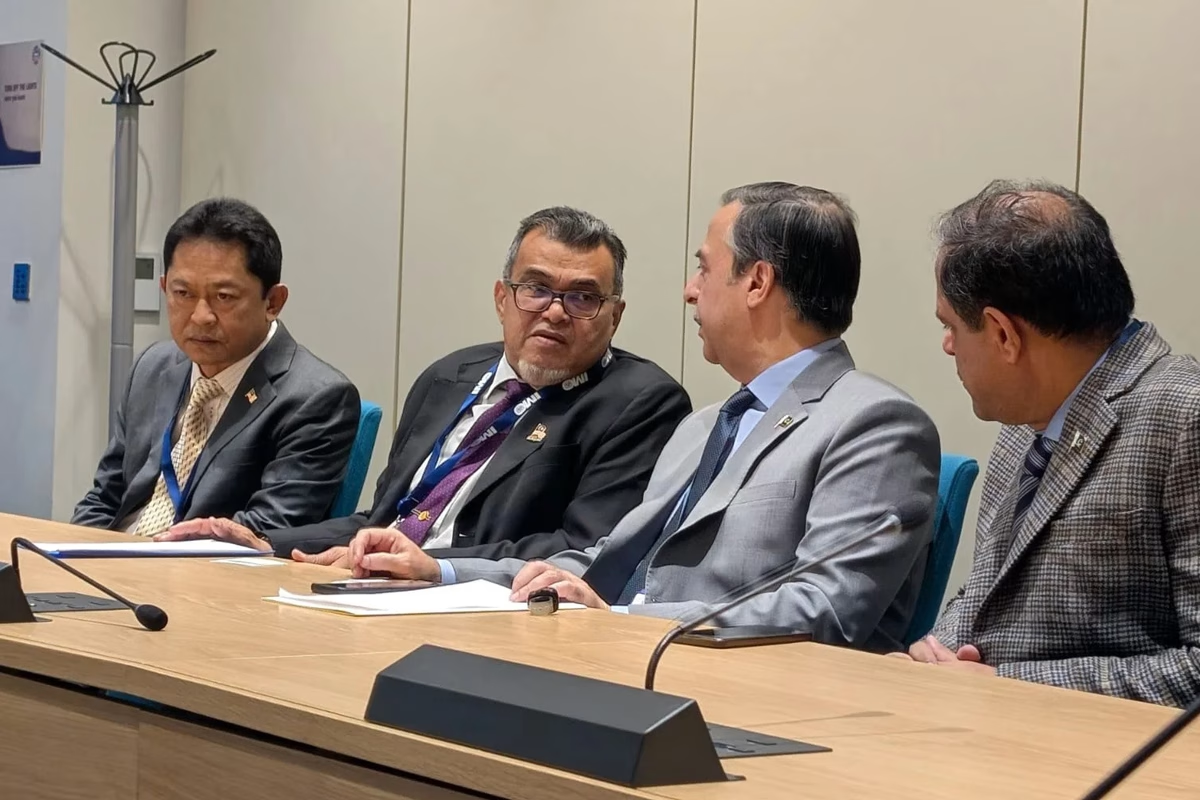
Subpar Solar Panels Cause Concerns
October 7, 2024
Denmark and Pakistan to Collaborate on Green Energy Transition
October 7, 2024Planning Minister Ahsan Iqbal stressed the urgent need for both the public and private sectors to work together to produce affordable, eco-friendly renewable energy to help resolve Pakistan’s electricity crisis and improve citizens’ daily lives. Speaking at an international conference on renewable energy at Lahore University of Management Sciences, he highlighted Pakistan’s vast potential for wind and solar power, estimating that 30,000 megawatts could be generated from these sources. However, he emphasized the need for public and private financing to fully utilize this potential.
Mr. Iqbal outlined the federal government’s five key pillars for transitioning from fossil fuels to renewable energy. These include fostering innovation to find technology-based solutions, mobilizing untapped financial resources such as an Asia energy transition fund, harmonizing policies within Pakistan and across Asia, promoting regional collaboration and integrated energy markets, and ensuring a fair energy transition.
Reflecting on the devastation caused by recent floods, which inflicted $30 billion in damages, Iqbal pointed out Pakistan’s vulnerability to climate change despite contributing less than 1% to global emissions. He warned of the resurgence of diseases like typhoid and cholera following such disasters and expressed frustration over the lack of support from wealthy nations.
The minister also noted that Asia, home to half of the world’s population, is entering the “Asian Century” and will significantly contribute to global GDP. He called for climate-conscious energy solutions, particularly in remote regions like northern Pakistan and Balochistan, with a vision for affordable, green energy by 2047. Other speakers, including Senator Sherry Rehman, also called for financial mobilization to tackle both climate change and the energy transition.




